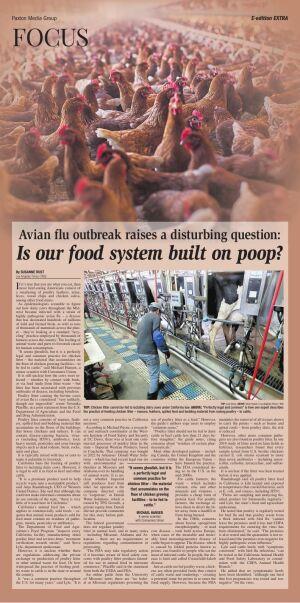September 8, 2022
My favorite room in our house is my study. My desk is surrounded by bookcases. To the right of the desk is a double window through which I can see into our back yard, which ends at a line of trees. No other houses are visible through these windows, making it appear as though our house sits in a meadow rather than in a subdivision. The windows provide me with relaxation, inspiration, and an occasional distraction. Often the distractions are rabbits, squirrels, and/or deer, playing and grazing—such distractions are always welcome.
As important as the double window is to me, more important are the bookshelves. I suppose, in some fashion, the books that fill the shelves are my security blanket. Just to rest my eyes on a section of shelves is to feel more secure; but it is not the books on which my eyes are focused this morning.
Sitting among the books on a shelf in front of my desk is a small clay pot made for me by a friend. I took it off the shelf this morning, feeling again its smooth surface and admiring its blend of earthy tones. I hold the pot and marvel at its weight—heavy and sturdy for its size. I lift the lid and see again that my friend spent as much time making the inside beautiful as she did the outside. I place the lid back on top, impressed by how perfectly it fits the pot. Still holding it, I turn it over and see my friend’s initials and the number ’88, the year she made it. Beneath her initials I see, “To MRD.”
The pot and the friendship which prompted its having been made have shaped and reshaped my life and, I’m sure, will continue to do so. My friend, who knew of my desire to be cremated at the end of my life, told me the pot was large enough to hold my ashes. Maybe it is, but it won’t be used as an urn. It is too valuable to be hidden in the ground, and I don’t want my ashes sitting around on some shelf after I’ve left the building. Besides, I want my ashes to mingle with the dust from which I came.
I mentioned that the pot is valuable. It is valuable because my friend made it for me. It is valuable because through the years it has reminded me of an important lesson about life in relationship to God our Creator. We are not self-made men and women, nor are we ever in total control of our lives.
In Isaiah 64, the prophet speaks to humanity’s inability to go it alone. The people of Israel had tried that too often. The prophet knew that they, including himself, needed God to come down among them. In verse eight, we read, “Yet, O Lord, you are our Father; we are the clay, and you are our potter; we are all the work of your hand.” The unspoken plea is that God might remold them, remake them according to God’s will.
In the hurriedness and confusion of life, how easy it is to lose track of the simple, but profound, truth that God is the Potter, and we are the clay!
If we go with the prophet Jeremiah on his visit to a potter’s house (Jeremiah 18:1-5), we will catch a glimpse of how the potter works. Jeremiah watched the potter working at his wheel. When the vessel the potter was making became spoiled, Jeremiah learned a lesson. A novice potter or someone playing around at the wheel might well have tossed the spoiled vessel aside. The potter did not. “He reworked it into another vessel, as seemed good to him.”
Like Jeremiah, I have been to a potter’s house; and I have learned a lesson. For a moment, allow me to speak of my life as a pot. I am not the pot I once was. I am not the pot that once upon a time I might have been. Along the way of life, I made mistakes and choices that spoiled the pot I might have been. Life events occurred and other people made choices that spoiled the pot I might have been. The good news is that while you might have seen the pot I am as spoiled and have cast it aside (I might have done the same), God did not. Over and over God has reshaped the pot I was “into another vessel, as seemed good to him.”
That reshaping is the work of redemption. The key to redemption, as Jeremiah tells us is repentance. Repentance is the act of turning from our selfish desire to have total control of our lives and turning to God, remembering that God is the Potter, and we are the clay.
There is nothing wrong with being clay. The Apostle Paul, who marveled that God had entrusted the treasure of the good news found in Jesus to mere humans, remarked, “But we have this treasure in clay jars, so that it may be made clear that this extraordinary power belongs to God and does not come from us” (II Corinthians 4:7 NRSV).
God has chosen to use our shaped, spoiled, and reshaped lives to reveal to the world that God loves all of us and is always working for our good and the good of all.
I wonder if the pot my friend made me is the exact pot she imagined as she placed the lump of wet clay on her wheel. Perhaps there is no exact pot. Perhaps the only pot possible is the one made possible by the combination of the lump of wet clay and the potter’s hands.
Our lives, imperfect pots, when continually reshaped by the Master Potter, can be useful vessels for as long as we live . . . And perhaps beyond.
















